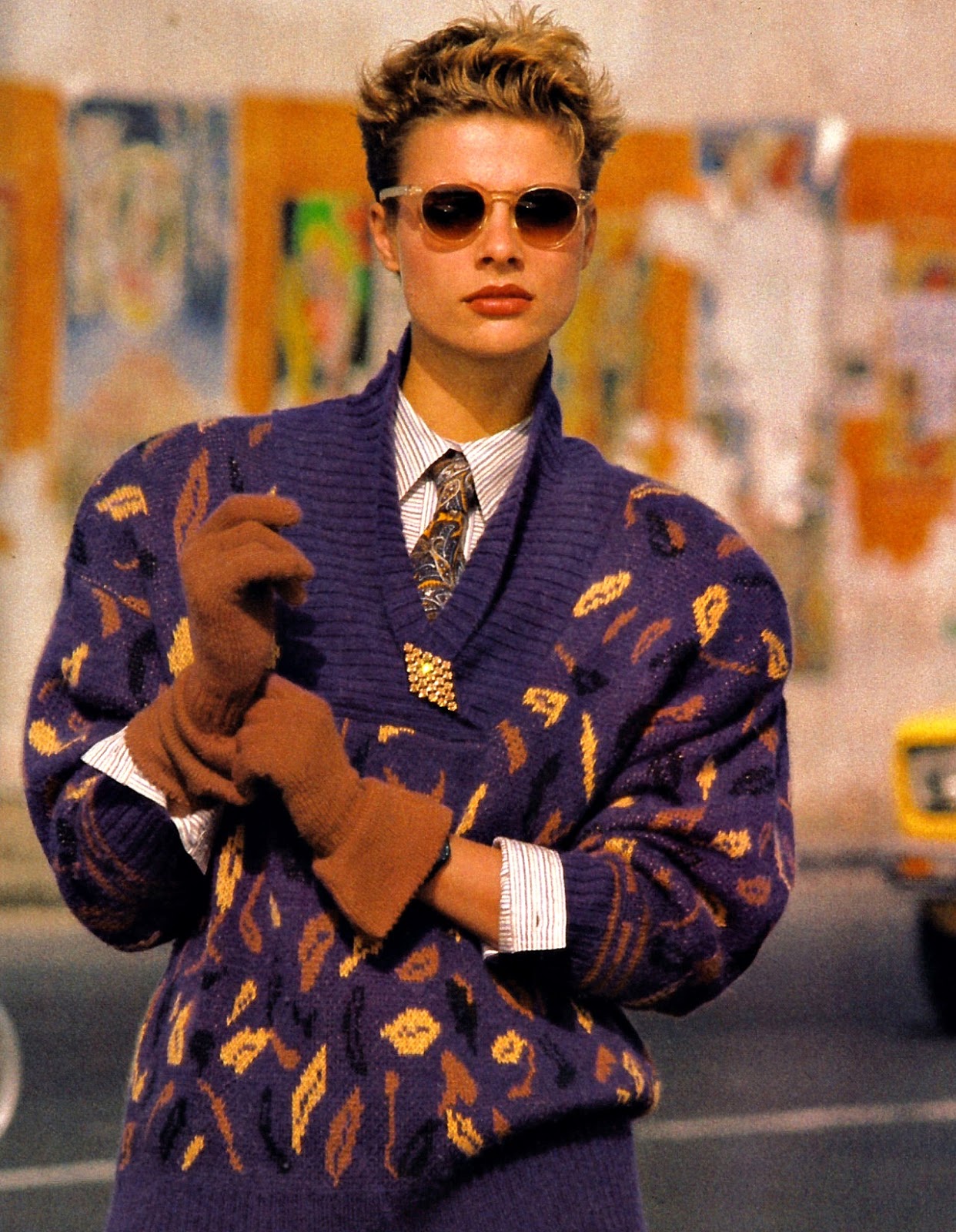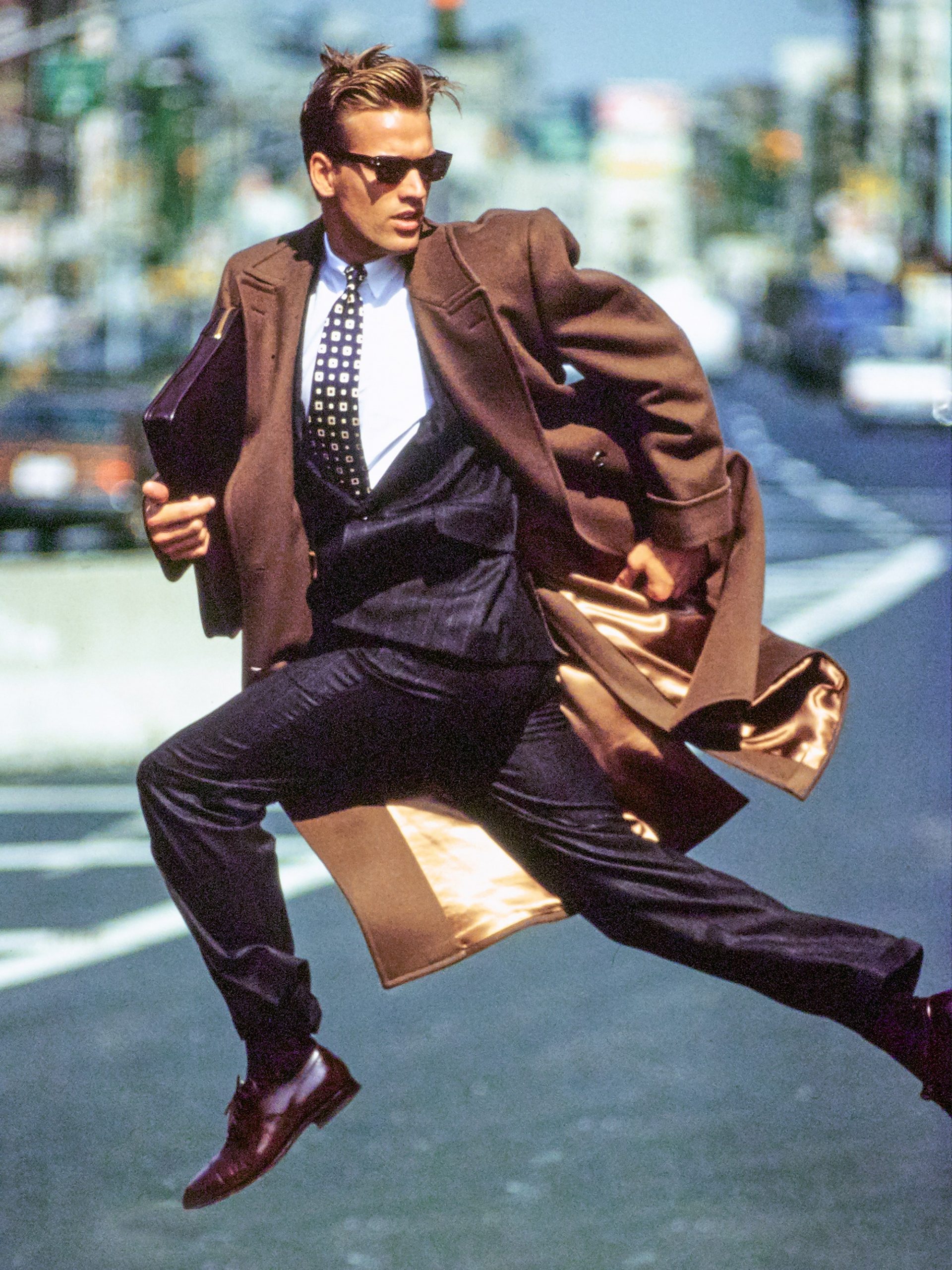
The 1980s. A decade of bold colors, big hair, and even bigger shoulder pads. It was a time of excess and experimentation, and men's fashion was no exception. Remember the preppy look? The athletic craze? The rise of designer labels? The eighties menswear scene was a fascinating mix of styles, reflecting the changing cultural landscape.
Men's attire in the 1980s was a striking departure from the previous decades. The seventies, with their earthy tones and flared trousers, gave way to a new era of vibrant hues, tailored silhouettes, and an emphasis on branding. This shift in men's fashion reflected the burgeoning consumer culture and the rise of individualism. From Wall Street yuppies to hip-hop artists, men were using clothing as a way to express themselves and their aspirations.
Several factors contributed to the evolution of 1980s men's styles. The rise of MTV exposed a generation to new musical genres and their accompanying fashion trends. Pop icons like Michael Jackson and Prince influenced millions with their unique and flamboyant stage costumes. Simultaneously, the fitness boom promoted athletic wear and introduced sportswear into everyday attire. Think tracksuits, sneakers, and headbands.
One of the key characteristics of 1980s men's fashion was its diversity. From the power suits favored by Wall Street executives to the ripped jeans and leather jackets embraced by the punk rock scene, there was a style for every subculture. This eclectic mix reflected a society undergoing rapid change and a growing acceptance of different expressions of masculinity. The era challenged traditional notions of men's clothing, paving the way for greater experimentation and individuality in the decades that followed.
Understanding the cultural context of the eighties is essential to grasping the nuances of its fashion trends. The decade was marked by economic prosperity in some parts of the world, leading to a focus on material possessions and status symbols. Designer labels became increasingly prominent, and men were more willing to invest in high-end clothing and accessories. This emphasis on luxury and branding further fueled the evolution of men's styles, creating a dynamic and ever-changing fashion landscape.
The "power suit," characterized by broad shoulders, a slim waist, and bold pinstripes, became synonymous with success and ambition. Conversely, the rise of hip-hop culture popularized streetwear, introducing trends like baggy jeans, bomber jackets, and sneakers into the mainstream. These contrasting styles highlight the breadth and diversity of men's fashion during the 1980s.
Three key benefits of understanding 80s men's fashion are: 1) Gaining insight into the cultural influences of the era, 2) Appreciating the evolution of menswear, and 3) Finding inspiration for contemporary styles. The bold patterns and silhouettes of the eighties continue to inspire designers today, proving the enduring impact of this era.
Advantages and Disadvantages of 1980s Men's Fashion
| Advantages | Disadvantages |
|---|---|
| Expressive and Individualistic | Some trends were impractical or uncomfortable |
| Diverse range of styles | Emphasis on branding could be seen as superficial |
| Influential on later fashion trends | Some styles haven't aged well |
Five Best Practices for Incorporating 80s Menswear Today: 1) Use 80s pieces as accents, not full outfits. 2) Modernize the fit. Tailor oversized pieces for a contemporary silhouette. 3) Embrace retro sneakers. 4) Experiment with bold colors and patterns. 5) Accessorize strategically. A vintage watch or a pair of aviator sunglasses can add a touch of 80s flair.
Five examples of 80s menswear icons: 1) Don Johnson in Miami Vice, 2) Michael Jackson in Thriller, 3) David Bowie, 4) Members of Duran Duran, 5) Prince. These individuals showcased different facets of 80s style, from pastel suits to rockstar glamour.
FAQs: 1) What was the most popular hairstyle for men in the 80s? Big, voluminous hair was popular. 2) What were some popular brands? Members Only, Jordache. 3) Were pastels popular? Yes, particularly for suits. 4) What type of shoes were popular? Sneakers and loafers. 5) Were accessories important? Yes, particularly watches and sunglasses. 6) What about hairstyles? Mullets and perms were common. 7) What fabrics were popular? Leather, denim, and parachute pants. 8) Was it all about bright colors? No, darker colors were also popular, particularly in the goth subculture.
Tips and Tricks: Start with subtle nods to the era and gradually incorporate more prominent pieces. Look for vintage items at thrift stores and online marketplaces. Don't be afraid to experiment and find what works for you.
The 1980s was a transformative decade for men's fashion, a period of experimentation, self-expression, and cultural shifts reflected in the clothes men wore. From the rise of designer labels to the influence of music and pop culture, the eighties laid the groundwork for many trends we see today. Understanding this era allows us to appreciate the evolution of menswear and find inspiration for our own personal style. By incorporating elements of 80s fashion thoughtfully, we can add a touch of retro flair to our modern wardrobes while celebrating the enduring legacy of this vibrant decade. Explore the possibilities, revisit the icons, and discover the timeless appeal of 1980s men's fashion.
Navigating the college football bowl season bonanza
The unexpected powerhouse portable jump starters and power banks
Navigating the opm gs pay scale steps to understanding your salary













